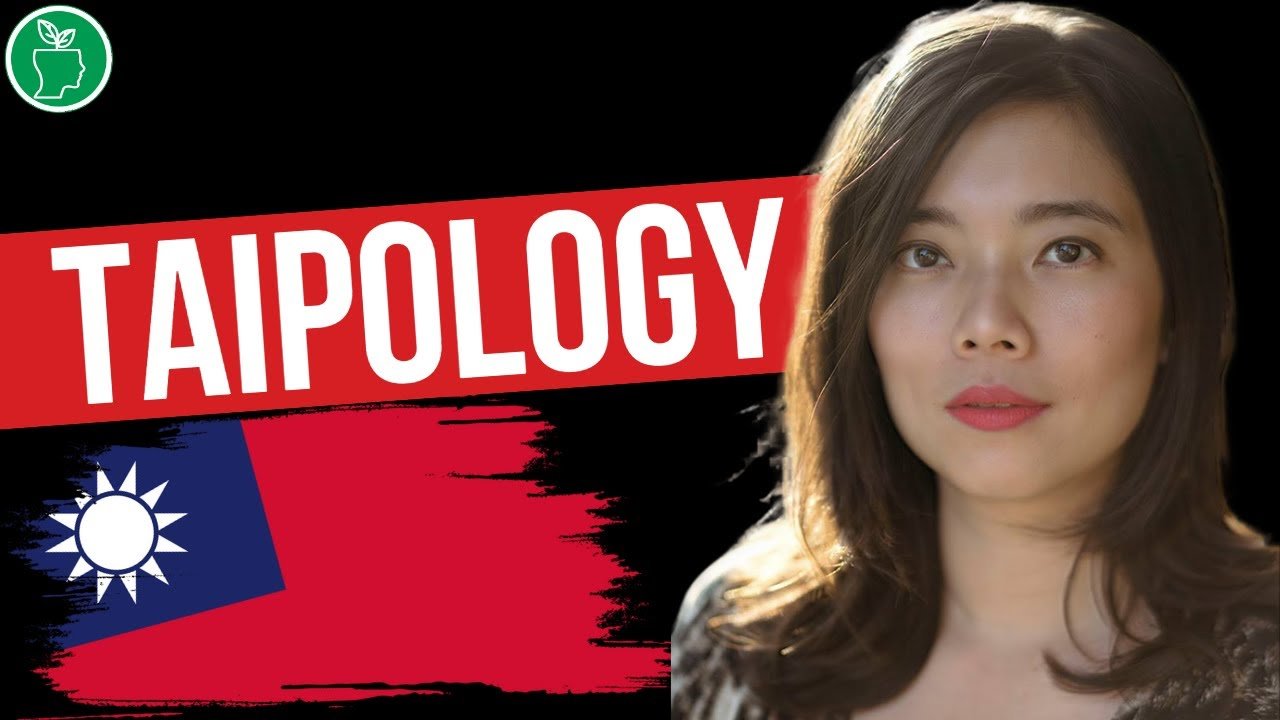Angelica Oung, Reporter and Activist Fighting for Nuclear in Taiwan - April '23
Angelica Oung, an energy reporter who advocates for nuclear energy in Taiwan.
meet Angelica oung, who aspires to be the most trusted nuclear reporter in the world
When she first started to advocate for nuclear energy in 2021, Angelica Oung felt disheartened, like there was little to fight for. A former off-shore wind reporter in Taipei, Taiwan, Oung said today she has hope, amazed at the dramatic change in public opinion in only a couple years.
Oung, who largely taught herself about the technological aspects of nuclear power, said that the more she researched nuclear, the more sense the energy source made.
The principle barriers to deploying nuclear power are fear and a lack of knowledge of the technology, according to Oung.
In an attempt to remedy this, Oung became an activist and joined DeCouple Media, a pro-nuclear podcast and media company. Oung writes DeCouple Media’s substack and manages the Twitter.
Additionally, Oung recently began to write in Chinese, connecting with an international audience. In several op-eds, Oung wrote about an ABWR reactor in Taiwan that neared completion of construction but failed to turn on.
“It's been smeared as a technology that's unreliable and outdated and just not the case at all,” Oung said. “It's one of the most advanced reactors on the planet.”
A cover advertising Angelica Oung’s substack dedicated to economic and environmental issues, Taipology. Interested parties can subscribe at this link: https://taipology.substack.com/
Through meeting for coffee, dinner, and online, Oung pushed to create connections in the nuclear energy world, and specifically create non-partisan support for nuclear energy in her native Taiwan in recent months. Historically, nuclear power in the country emerged as fractious and politicized, with the DPP in heavy opposition.
Taiwan, along with fellow East Asian countries Korea and Japan, possesses high population density, a tiny terrain, and a large industrial load. For these reasons, Oung said that these countries would struggle to push down electricity usage without directly impinging on economic growth. She added that they are not ideal for renewable energy and that nuclear remains the only practical path forward to produce sufficient clean power.
Many reporters fall into misleading narratives when covering nuclear, Oung said. She added journalists should dive into questions of waste, costs, and safety. One of Oung’s favorite reporters that writes on nuclear, Sonal Patel, delivers articles showing true knowledge of the field in a way Oung described as “magical.”
According to Oung, people in the nuclear industry open up to Patel because they know she will not misrepresent them and her knowledge of thes system will serve them well.
Oung said she would like to become a key and trusted reporter for the nuclear industry with time, in the same way she serves off-shore wind.
Looking towards the future fills Oung with hope, she said, an amazing shift in perception since her introduction to nuclear power. Pro-nuclear political sentiment gained traction in only a few years.
“It's amazing how quickly opinions can change and move very rapidly. Now we are in a position where nuclear is actually one of the hottest issues in the upcoming presidential elections,” Oung said. “None of the candidates would dare say definitively that they don't want nuclear. They're very supportive. So for the people who are fighting the good fight, it’s just keep going.”


